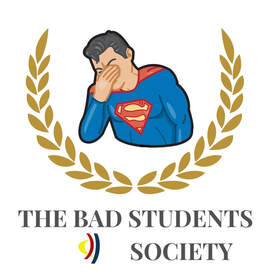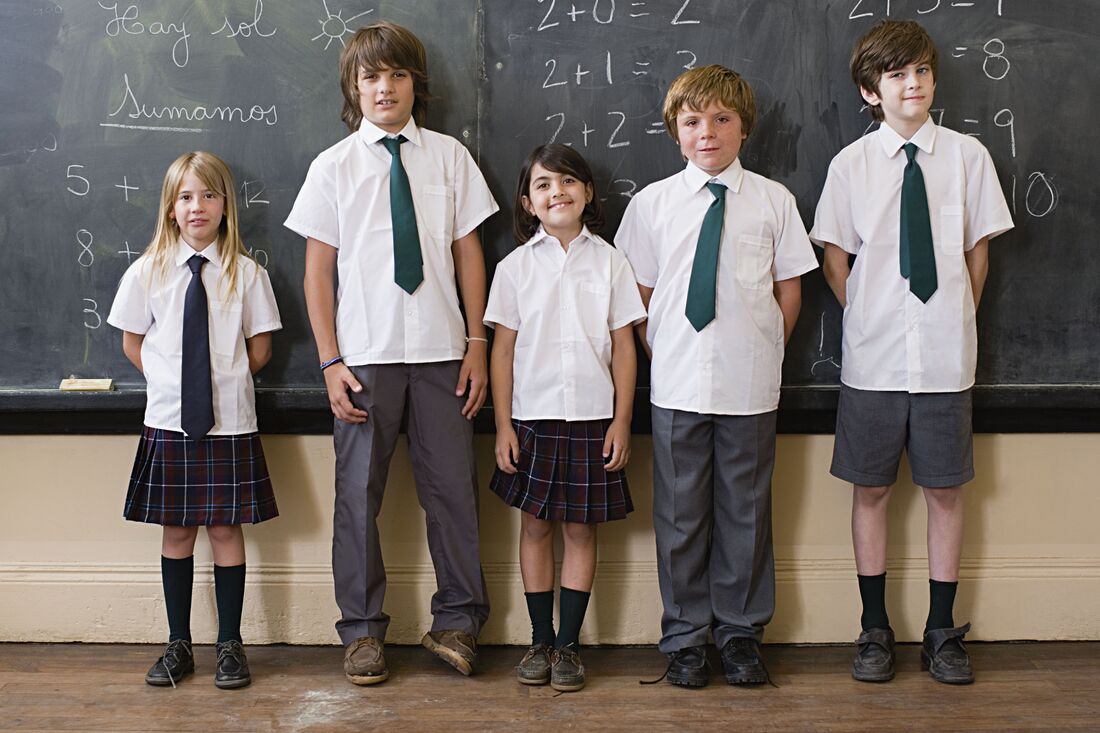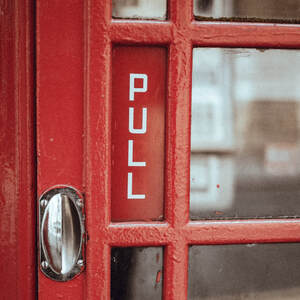Some adolescents do great in some subjects, in others they find it a struggle to survive ...
Many children do just fine until the age of twelve or thirteen and then suddenly lose all interest ...
We've all known kids like that. Were we like that ourselves? And what about our children now?
So, your kid has a hard
|
Of course, there are real learning disabilities. Like dyslexia and dyscalculia. There are excellent pedagogical strategies to tackle them.
|
But in so many cases we find: The trouble is not in the brain. It is in the soul.
Adolescents can feel like a fish out of water, they're simply not in tune with themselves.
So, private tuition, cramming and even punishments only fight the symptoms, not the cause.
What they need is an Eye-Opener.
Better chances to understand yourself and your abilities.
|
The Eye-Opener concept is based on the work of Sir Ken Robinson.
|
This talk from 2006 has a wonderful eye-
|
An epiphany needs a chance to happen. It needs an open door. That's where the community comes in. |
Our very first Eye-Opener candidate was Emma in 2010. Her story shows just how hard adolescents sometimes struggle to find the right words for their conflicts.
|
Emma didn't have the words to communicate her worries
|
Read the stories and see for yourself: |





